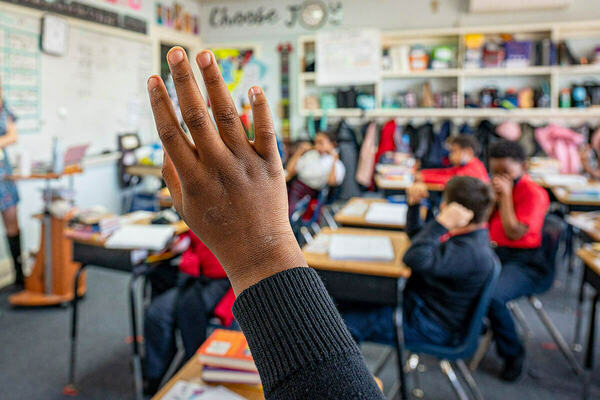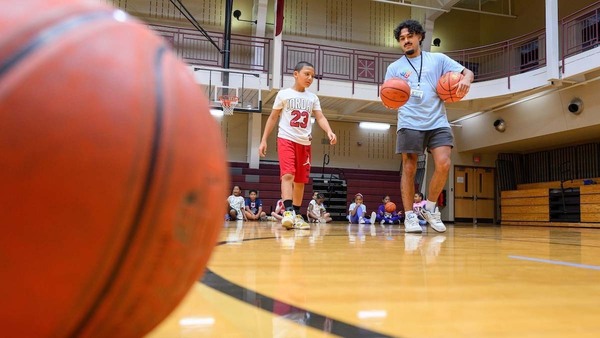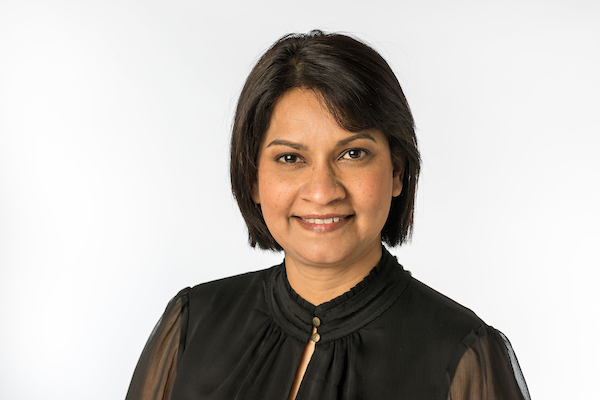Twenty-two Notre Dame students selected for 2025-26 Fulbright U.S. Student Program
Twenty-two University of Notre Dame students have been named finalists for the 2025-26 Fulbright U.S. Student Program, with another seven singled out as alternates for the award. The finalists include 18 undergraduate students and four graduate students.
Established in 1946, the Fulbright U.S. Student Program offers students and young professionals from all backgrounds the opportunity to study or teach abroad with support from the U.S. government.
In applying for the award, undergraduate students work closely with the Flatley Center for Undergraduate Scholarly Engagement (CUSE) and graduate students with the Graduate School’s Office of Grants and Fellowships.
"Given the headwinds of this year's Fulbright cycle, including funding uncertainty and later final notifications, Mathilda Nassar, Emily Buika Hunt and I are incredibly proud of our students for their grit and ultimate success,” said Elise Rudt-Moorthy, associate director of national fellowships at CUSE. “It was an honor working with everyone throughout the summer and fall, and we would like to thank all the faculty and alumni who helped with advising.”
Michael Skalski, associate program director in the Office of Grants and Fellowships, said, “We are very proud of and congratulate all our Fulbrighters this year. Our fellows worked hard and diligently on their applications, so we have the utmost confidence that they will represent Notre Dame and the U.S. in the best way possible in their host countries.”
The finalists are:
Undergraduate
• Aria Bossone, American studies and peace studies (supplemental), English teaching assistantship to Spain
• Charlotte Cardarella, honors anthropology and Arabic, English teaching assistantship to Spain
• Mary Kate Cashman, political science and peace studies (supplemental), English teaching assistantship to Kosovo
• Eva Garces-Foley, anthropology, peace studies (supplemental) and Spanish (supplemental), English teaching assistantship to Spain
• Juliet Hare, political science, global affairs (supplemental with a concentration in international peace studies) and French (supplemental), English teaching assistantship to Luxembourg
• Ethan Harned, psychology and pre-health studies (supplemental), Fulbright-Nehru open study/research award to India
• Sarah Hui, program of liberal studies and theology, open study/research award to Italy
• Joseph Kositzke, American studies, English teaching assistantship to Spain
• Joseph Lufti, American studies and Arabic, English teaching assistantship to Georgia
• Leslie Martin, global affairs and Latino studies (supplemental), English teaching assistantship to Colombia
• Matthew McCollum, honors international economics, English teaching assistantship to Germany
• Maria Murinova, program of liberal studies, English teaching assistantship to the Slovak Republic
• Margaret O’Brien, political science and Italian (supplemental with a concentration in Irish studies), English teaching assistantship to Italy
• Jasmine Peña Ramirez, political science and Latino studies (supplemental), English teaching assistantship to South Korea
• Theresa Salazar, preprofessional studies and theology (supplemental), English teaching assistantship to Spain
• Alexandra Sutton, political science, English teaching assistantship to Lithuania
• Sarah Van Hollebeke, political science and German, English teaching assistantship to Germany
• Juliet Webb, anthropology and peace studies (supplemental), English teaching assistantship to Senegal
Graduate
• Christopher Cirelli, master of education (Alliance for Catholic Education) English teaching assistantship to Italy
• Montana Garcia, master of education (Alliance for Catholic Education), English teaching assistantship to Malta
• Nicholas Herrud, history, open study/research award to Lithuania
• Natasha Rodgers, French and Francophone studies, English teaching assistantship to Mauritius
Latest ND NewsWire
- Institute for Educational Initiatives launches free math app to help teachers strengthen students’ understanding of numbers and operationsThe free Number Sense Assessment app is available to educators nationwide and offers quick, research-based insights to target instruction and improve student outcomes.
- No credit history? You might have another way to prove creditworthinessNew research from Notre Dame marketing professor Joonhyuk Yang reveals how retail transaction data can be used to create reliable credit scores for individuals without formal credit histories.
- Sports program promotes health and wellness, offers life lessons to Robinson Center youthAs part of its annual Summer Scholars & Day Camp program, the Notre Dame Robinson Community Learning Center is using sports to promote health and wellness and offer life lessons to area youth.
- Women of African ancestry may be biologically predisposed to early onset or aggressive breast cancersResearch from the University of Notre Dame is shedding light on why Black women are likely to have early-onset or more aggressive subtypes of breast cancer. The study published in iScience found that a population of cells in breast tissues, dubbed PZP cells, send cues that prompt behavioral changes that could promote breast cancer growth.
- First impressions count: How babies are talked about during ultrasounds impacts parent perceptions, caregiving relationshipPsychologist Kaylin Hill studied the impact of a parent’s first impression of their baby during an ultrasound exam. The words used by the medical professional to describe the baby (positive or negative) influence how the parents perceive their baby, relate to them after they're born and even how that child behaves as a toddler. The research has broad implications for how we train medical professionals to interact with expectant parents, as well as how we care for parents during the perinatal period when they are most susceptible to depression.
- Researchers at Notre Dame detect ‘forever chemicals’ in reusable feminine hygiene productsWhen a reporter with the Sierra Club magazine asked Graham Peaslee, a physicist at the University of Notre Dame, to test several different samples of unused menstrual underwear for per- and polyfluoroalkyl substances (PFAS) in 2019, the results fueled concern over chemical exposure in feminine hygiene products — which ultimately ended up in a $5 million lawsuit against the period and incontinence underwear brand Thinx. Then in 2023, the New York Times asked Peaslee to test 44 additional period and incontinence products for PFAS, a class of toxic fluorinated compounds inherently repellent to oil, water, soil and stains, and known as “forever chemicals” for their exceptionally strong chemical and thermal stability. Measurable PFAS were found in some layers of many of the products tested — some low enough to suggest the chemicals may have transferred off packaging materials, while others contained higher concentrations, suggesting the chemicals were intentionally used during the manufacturing process. In the meantime, another group of researchers published a study that found PFAS in single-use period products, leading Peaslee and his lab to widen their investigation into all sorts of reusable feminine hygiene products — often viewed as an eco-friendly option by consumers. Now, the results of that study have been published in Environmental Science & Technology Letters.













